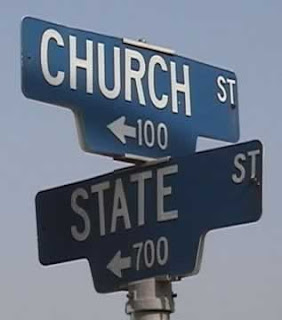It is difficult to be neutral sometimes, especially when you’re dealing with a subject that jars with your personal beliefs.
But difference is one of life’s beauties. It is the variegation of beliefs, philosophies and perspectives that come together to create a colourful tapestry that gives life its spice.
However, despite having this at the back our heads, feelings still run high when we run into statements that cut through our personal beliefs.
British Prime Minister, David Cameron, has repeatedly found himself on the receiving end lately, because of decisions/statements he made. The latest being his proclamation that Britain is a Christian country, and that British people should not be ashamed to say so.
Many people refuted the statement vociferously. On one radio programme, a Muslim listener said she felt his comment was ‘rude’ because Britain is home to many different religions, which is true.
Another commonly-held argument was that Britain is not a Christian country. It is a secular state that must keep religion out of politics. Borrowing the words of a former government PR officer, “We don’t do God”.
The thrust of the argument for critics is that secular neutrality is a safer bet.
A secular country will, at all costs, remain neutral in matters relating to religion. It will neither support religion nor non-religion. That ensures the equal treatment of citizens.
The opposite of secularism is theocracy. It is derived from a Greek word which means ‘rule of God’, and it is a rule in which God and his law is sovereign. Iran and Saudi Arabia are examples of theocratic countries.
Both are Islamic states, hence they enforce Islamic laws which can have dire consequences. Last week (December 13th), a woman was beheaded for practicing witchcraft and sorcery.
In a secular state, that would not happen. Hence such incidents lend credence to the argument for secularism. But that is just one side of the coin.
In the next post, I will examine if government’s can be neutral and if neutrality is the best option.
Before then feel free to send in your comments/suggestions. Do you think religion has a role to play in politics, or should it be left out completely?

A really interesting one.The fact is, there is no true neutrality.Every policy a government makes is largely informed by its stance on that particular issue, one shaped by its own political inclination and societal objectives.Having said that I think it is better for governments to steer well clear of religion, because,as history has shown the tendency to inflict harm on society increases exponentially when religion is cited as the driving force for a particular course of action. The Saudi woman who was beheaded was said to have been going guilty of breaking the Islamic morality code.I would rather she was guilty of some criminal act, ushered through the criminal justice system. someone once observed that a large number of the most henious acts of human cruelty have been carried out in the name of religion.There.
ReplyDeleteI couldn't agree more, Will. Religion should have its place & should not spill over into governance. In my next post there are other issues I'll touch on.
ReplyDeleteSo in the light of your comments, do you think PM Cameron was wrong to make the remarks about Britain being a Christian country?
Would you agree that Britain is a Christian country?
It will be great if you can join the site. There's a button right at the top.
Many thanks.